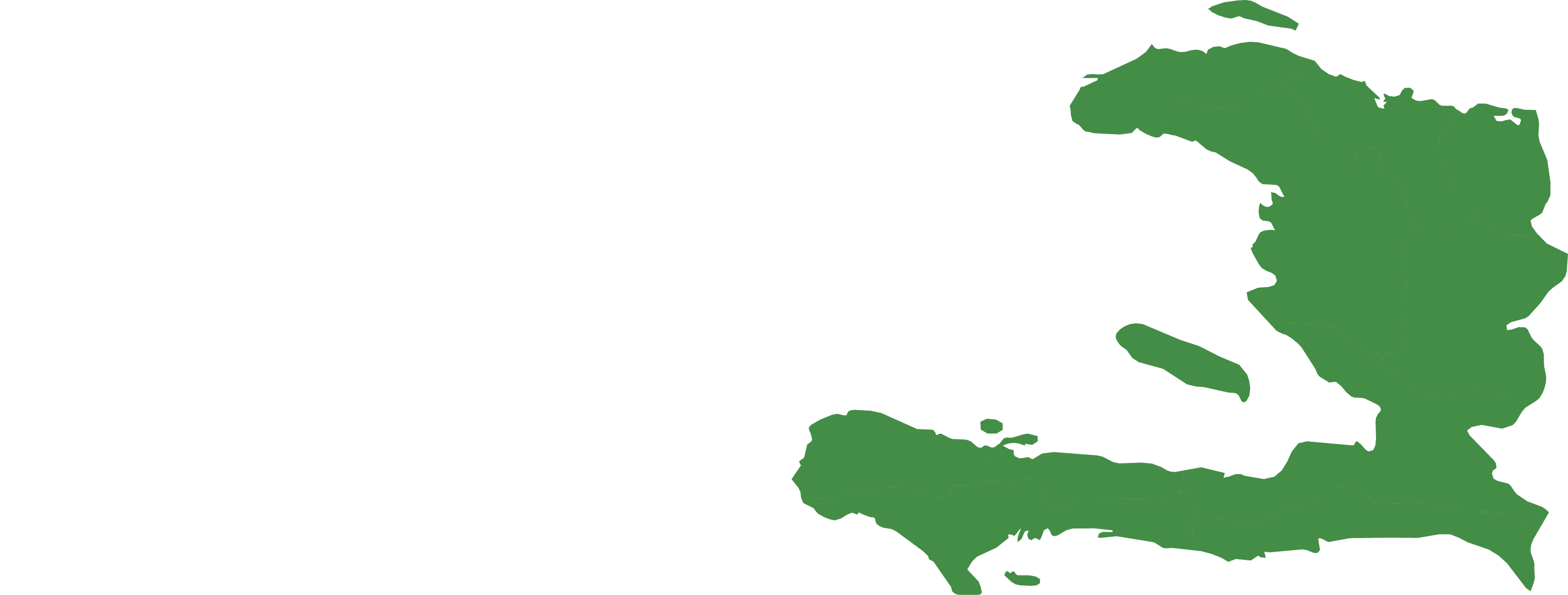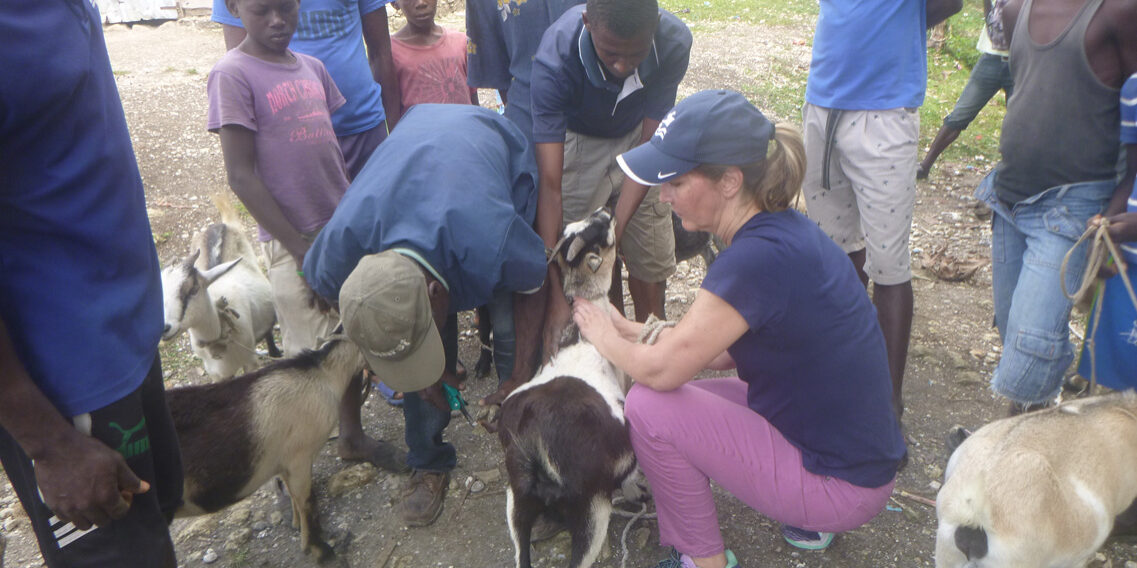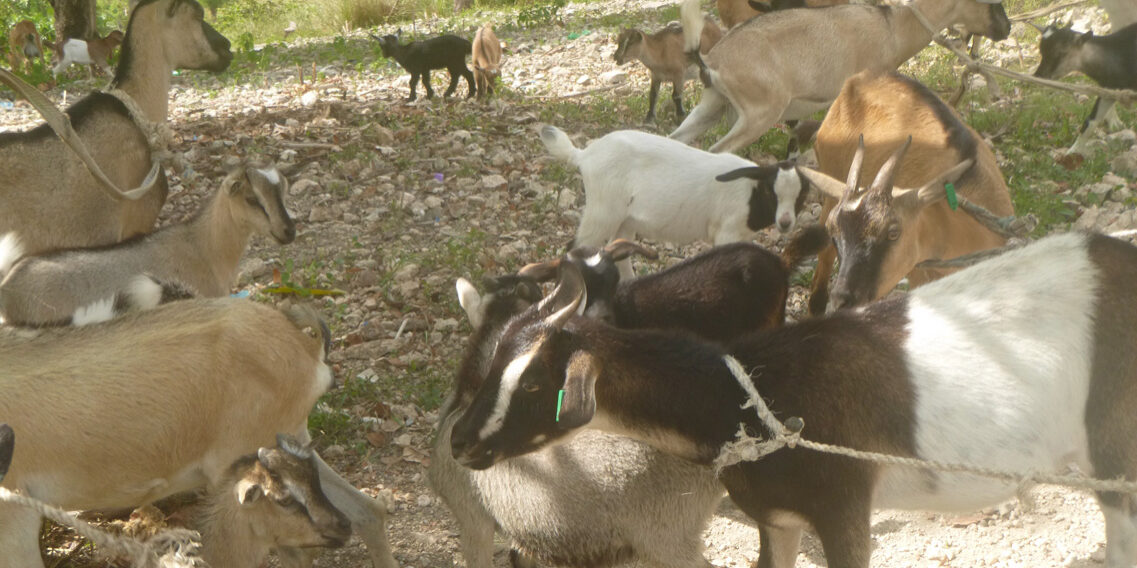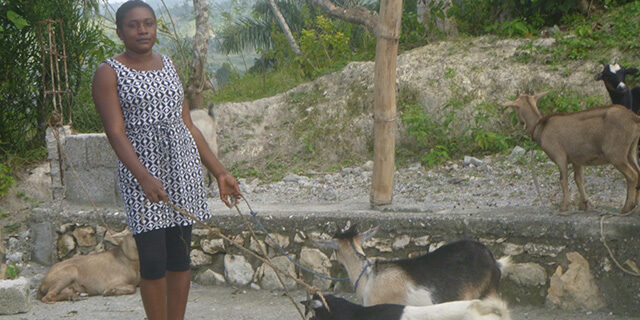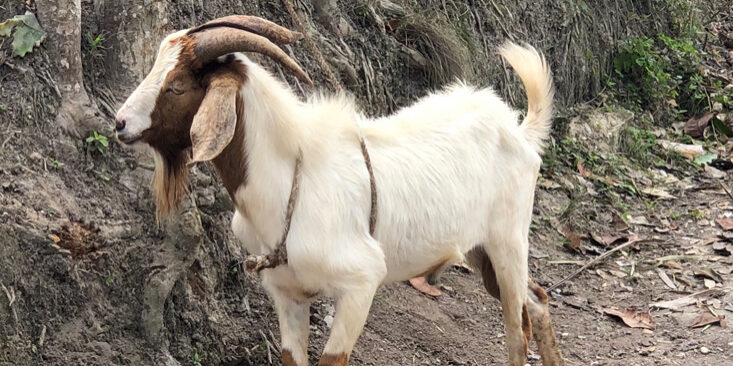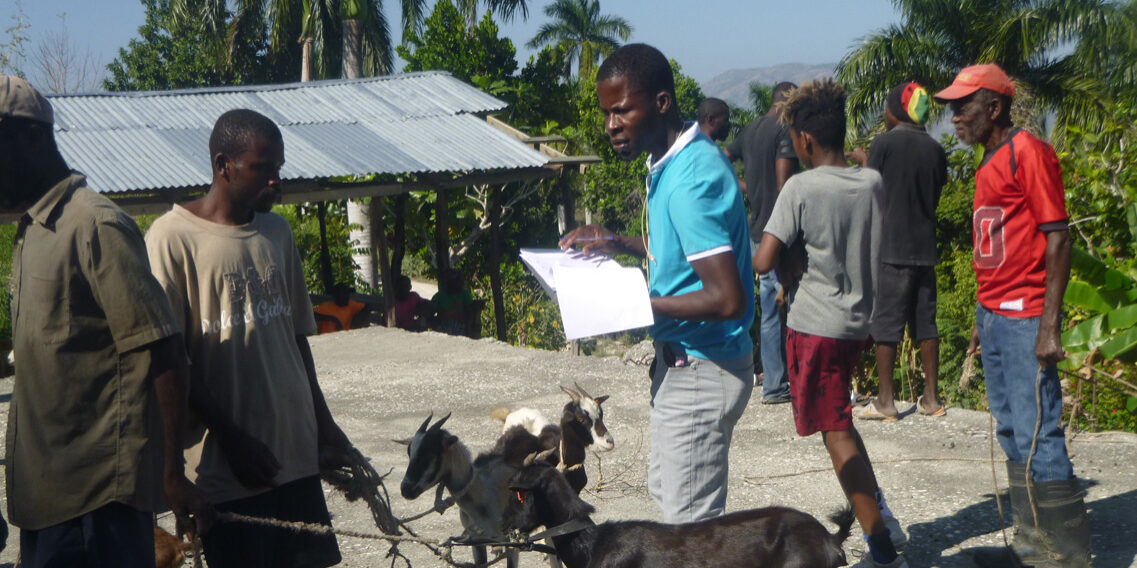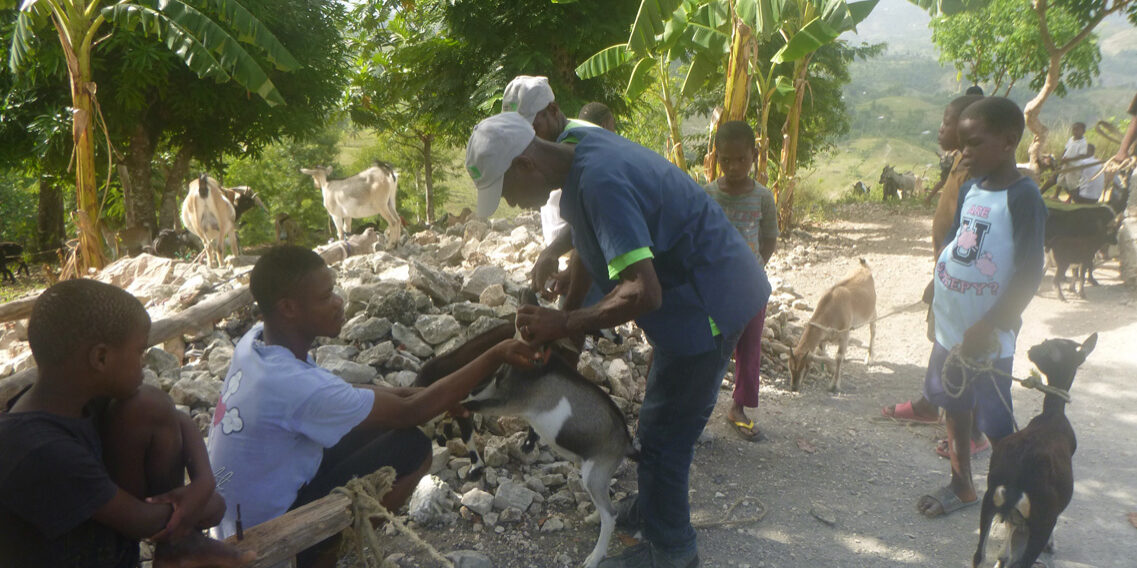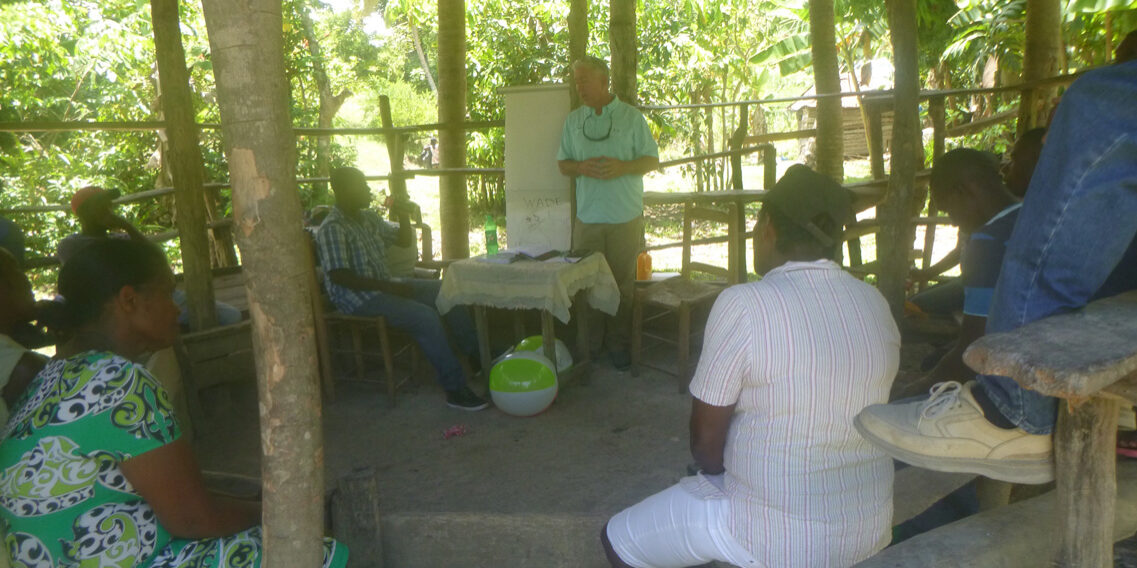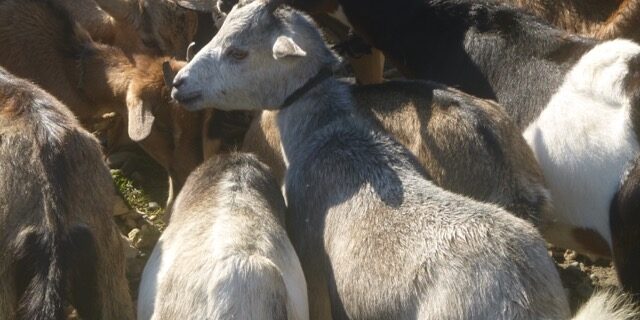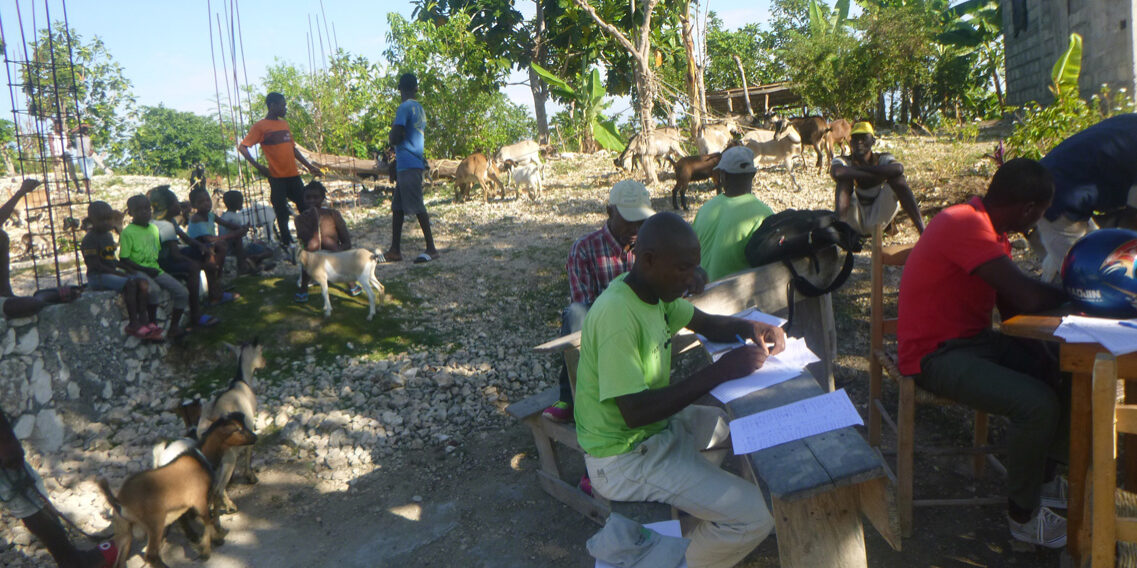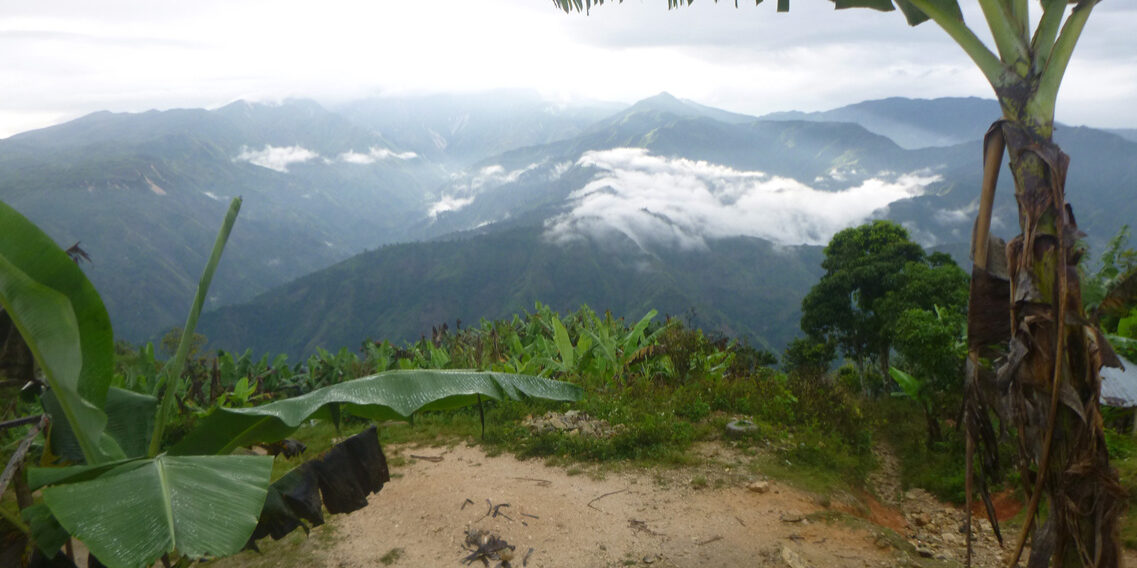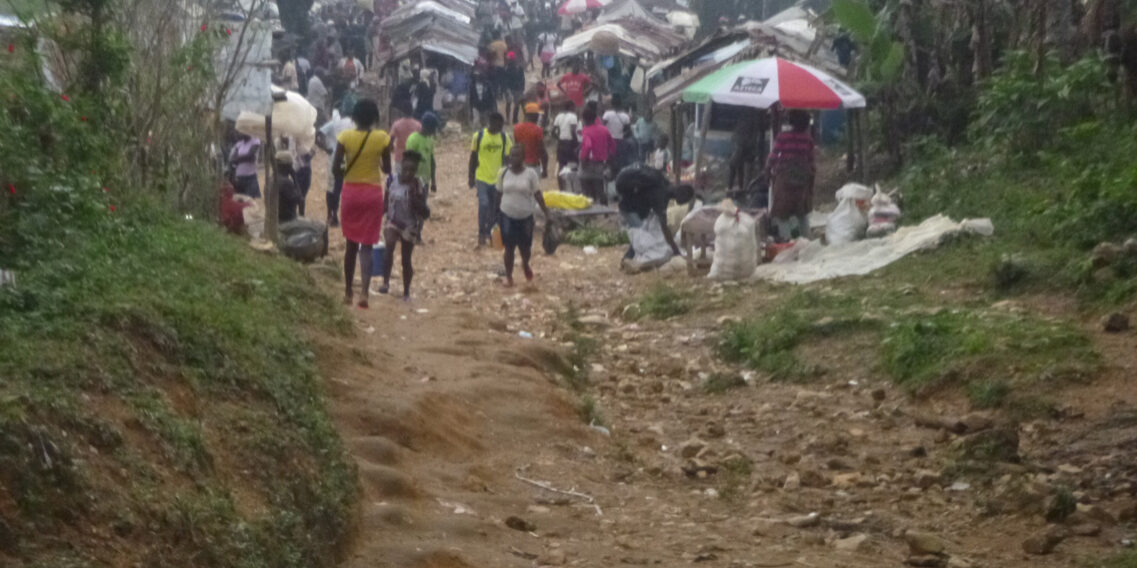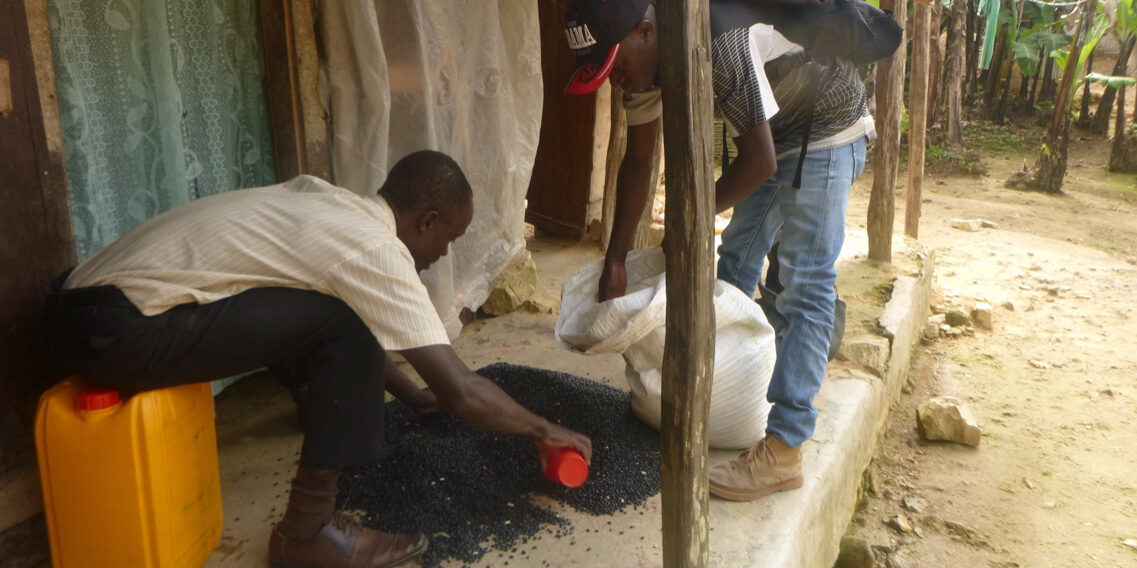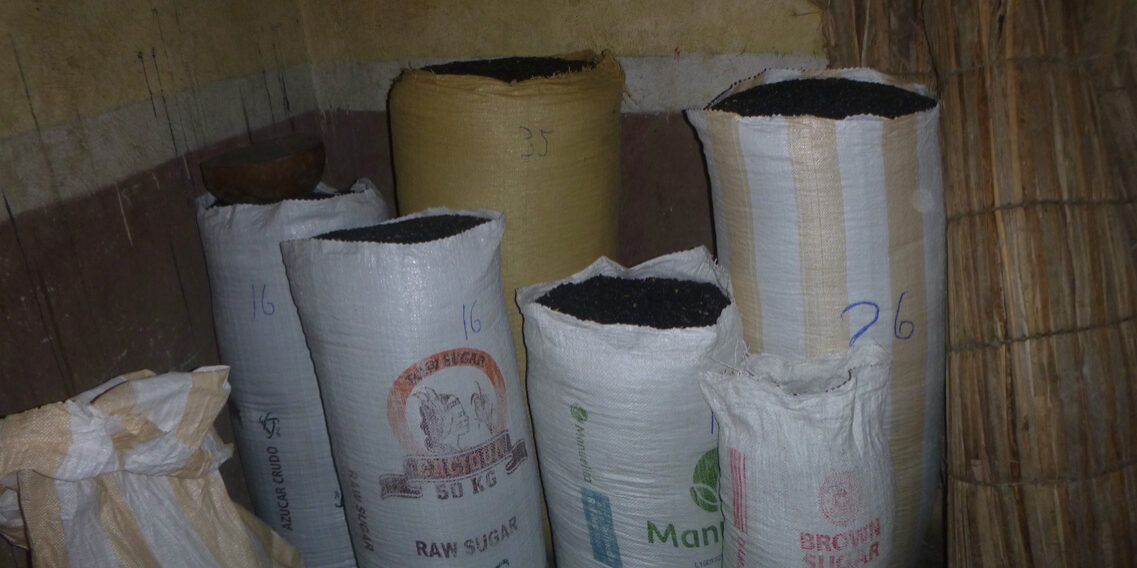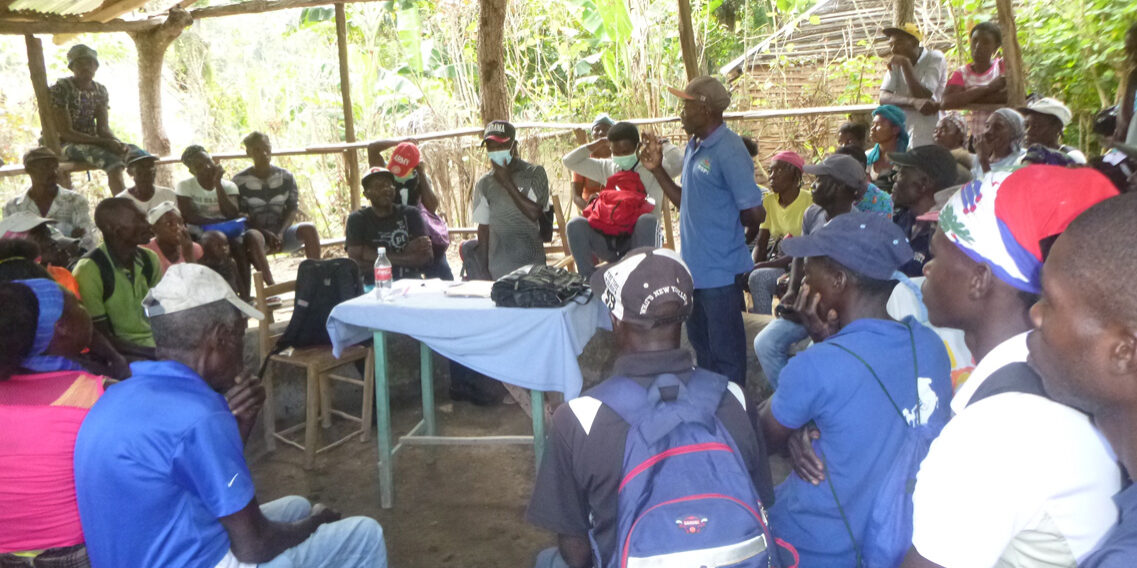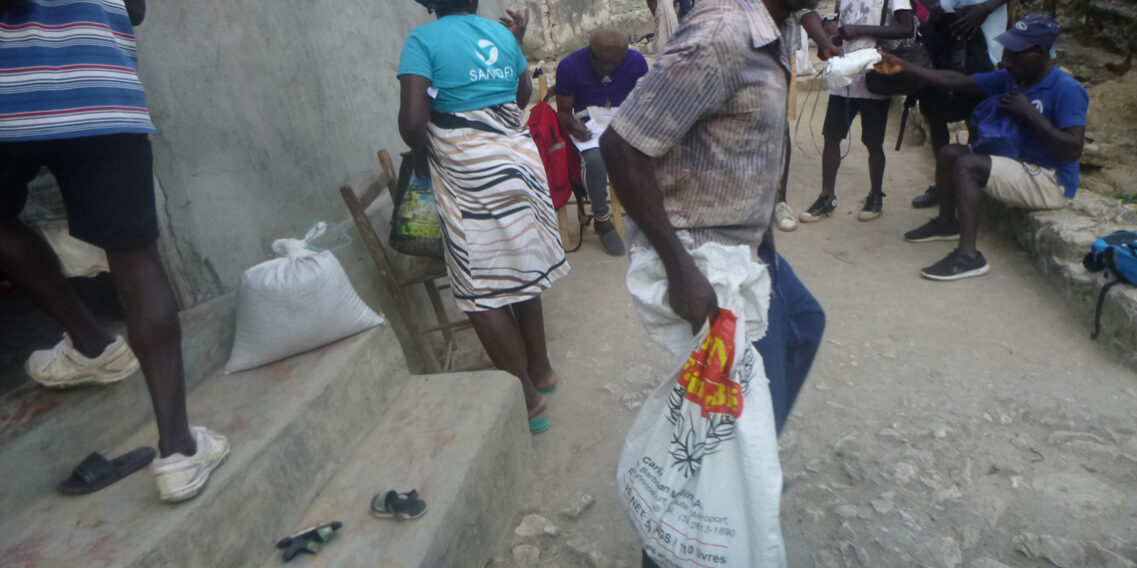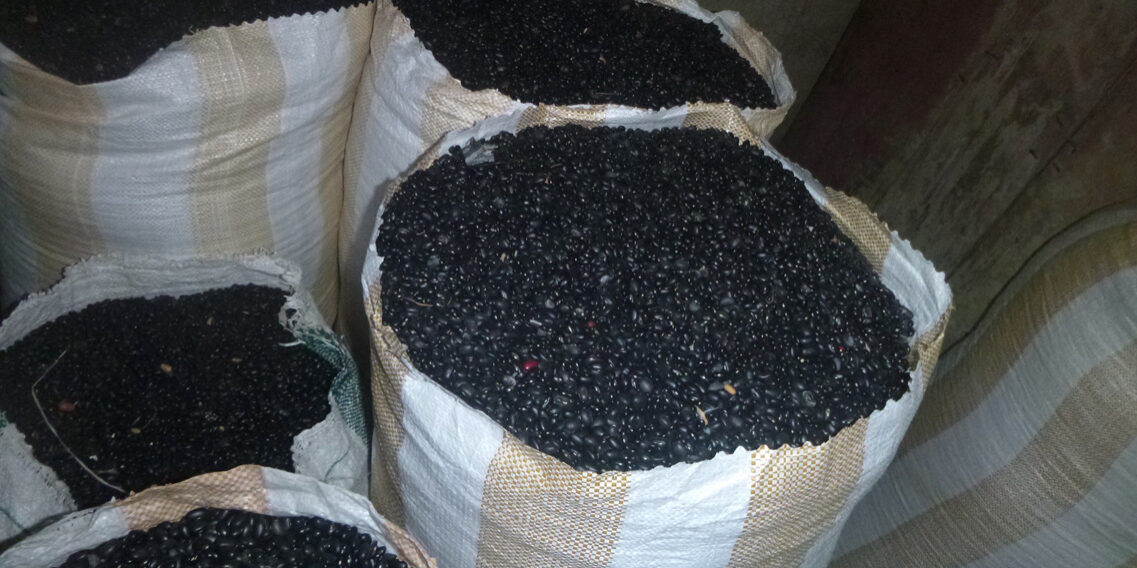LIVELIHOOD PROGRAMS
People who live in the communities served by the clinic are, for the most part, subsistence farmers, trying to grow enough crops on their land to sustain their families.
Goat Program
Many rural Haitians also raise animals such as chickens, goats, pigs and cattle, in order to have additional income when needed for schooling of their children, illnesses, clothing and home repairs. The more productive their land is, the better harvests they’ll have and the better fed are their families, likewise for their animals. When they’re well fed and cared for, they get better prices at the market and the family is better off.
In late 2018 FHH began a Goat Program as part of an overall effort to strengthen rural Haitian families and provide livelihood support to them. Through a partnership with Dr. Nancy Willerton, a veterinarian in Denver, CO and Mt. Horeb United Methodist Church in SC, we chose 25 families in each of 4 communities close to the clinic as participants (Gatineau, Duchene, Fraise and Nouvelette).
Each recipient family was given two female goats which were bought in local markets. Then, two male goats, from an improved breed, were provided to each community for breeding. In return, each family agreed to give back two goats that can then be given to other community members or to a nearby community, ensuring that livelihood assistance spreads from one area to another.
Each community chose two young men to be supervisors of the program, recording information about each female goat, her breeding, pregnancies and offspring. Vaccinations are provided annually with mobile veterinary clinics conducted every three months to give vitamins, anti-parasitic medications and to treat any medical problems in the goats.
After five years, the Goat Program is now in its third generation. Nearly all the goats from the first generation have been paid back and were given to a second generation of 25 families in each of the 4 communities. Some of the second generation recipient families have paid back 1 or 2 of the offspring goats which have gone to a third generation of recipients. Once the second generation goats are all paid back, each community will take over responsibility for the program. FHH will continue to provide annual vaccines but the communities will pay for the services of the local veterinary technician and medications to keep the goats healthy.
The Goat Program has been so successful and well received by the rural Haitian communities that we decided to start it again from scratch in May 2023 in 4 new communities, Morvan, Menat, Malety and Yaya. These are communities where we have our own volunteer Community Promoters and some of them are supervisors of the new Goat Program. 200 female goats were purchased in the local markets and distributed to 25 families in each of the 4 communities. 8 male goats were also purchased and are being cared for by local community members. Baby goats are starting to appear and the program is off to a great start! We’re thankful for funding from Rotary Clubs in Canada that made expansion of this program possible.
Agriculture Program
Due to significant food insecurity following the earthquake that occurred in the Jérémie area in August 2021, we decided to begin an Agriculture Program as another aspect of our Livelihood Programs. We selected 6 rural communities that are high up in the mountains to receive black bean seeds for planting in the three planting cycles they have each year. 100 farmers in each of 2 communities were chosen each planting season to receive 5 cans of bean seeds. The only requirement we made of the farmers was that they needed to attend an educational session prior to being given the seeds and they needed to let us know how many beans they harvested and what they did with the beans (ate, sold or replanted). In January 2022 the communities of Segnette and Milfort received beans, Charlette and Dibarasse in June 2022 and Delion and Campagne in October 2022.
Ten teams of two went out several times a week for 3-4 weeks to purchase 1000 cans of beans (50 sacks) in local markets. The sacks of beans were then stored in local homes until the time of distribution. An educational session was led by our Community Coordinator, Gemi, and agronomist Wilton, with the assistance of our Community Promoters. After the session, every farmer who had been chosen by a committee of community leaders received his/her beans.
When the beans were harvested, the average amount harvested by each of the 600 farmers was 11 cans (from the 5 cans that were planted). 55% of farmers ate some of the harvested beans, 64% sold some, 88% planted some and 11% used some to pay for school for their children. Overall, it was a very successful year for beans and the farmers were grateful for our help in being able to plant.
2023 was a year of severe drought in the Jérémie area so we did not distribute bean seeds to any communities. By the end of the year rains came and the bean harvest was good so in January 2024 we began to purchase bean seeds once again. We’ve distributed 4 cans of beans to each of 125 farmers in 2 new communities, Cochoix and Pinquet, with plans to continue with this important livelihood program in 4 more communities during the year.

Save The Date
Annual Celebration Banquet
Saturday, May 3, 2025
